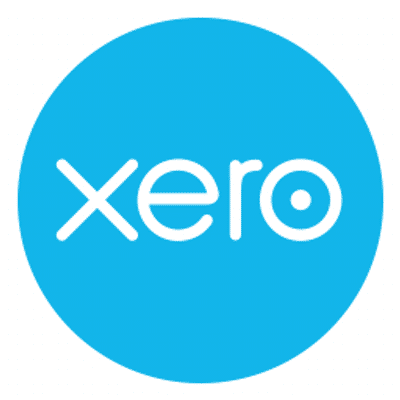Sage 50cloud Accounting is a Accounting Software. Sage 50cloud Accounting offers Tax Management, Purchasing, Project Accounting, Payroll, Fixed Asset Management and many more functionalities.
Some top alternatives to Sage 50cloud Accounting includes Xero, Sage Accounting (Sage One), Patriot Accounting, Quickbooks and Sage 200cloud.
No, Sage 50cloud Accounting doesn't provide API.
No, Sage 50cloud Accounting doesn't provide mobile app.
Sage 50cloud Accounting is located in Atlanta
Sage 50cloud Accounting offers Free Trial, Subscription pricing models
The starting price of Sage 50cloud Accounting is $28.33/Month when Billed Yearly





/logo_1622728934.296577.png)













